My favorite aspect of any story are almost always its characters. I might not always remember their names, but I can recall the personality, attitude, and quirks of characters from movies I haven’t watched since childhood… and I can’t even remember where I left my water bottle.
What is it, exactly, that makes a great character great? Why do we love them or hate them so much?
And, most importantly for writers… how does one go about creating such a thing?
I’m no expert, and developing characters is definitely more of an art than a science, but there are a few guidelines I’ve discovered on my journey.
Characters are not humans.
WHAT? Don’t say that! I love him! And he loves me, too!
… I’m so sorry, but characters are very much not human. Sure, they may act like humans, but don’t let them deceive you.
Humans are infinitely more complex than characters.
Characters need to be designed for a reader to get to know them in a very short amount of time. How long does it take to get to know a well-defined character? Maybe a few chapters. How long does it take to get to know a human? Years.
Characters are more predictable than humans.
A human will do what he or she does depending on their mood that day. Their actions can vary greatly depending on circumstances in their life, and yet still remain the same person.
On the other hand, characters must be relatively predictable, or the reader will grow detached from them. Should they be too predictable? Definitely not, but they need to have a baseline that they generally hover around. Otherwise, your readers will feel like they don’t know them.
Characters are more dramatic than humans.
Okay, teen girls might be the exception, but in general, characters need to be more dramatic than humans. Why? To express themselves, so the reader can get to know them.
This is especially true in the American culture today. If someone says something we disagree with, we are generally trained to just not say anything. But unless you can hear a character’s thoughts to know their true feelings, they must express themselves in dialogue or action. Otherwise, the character is bland.
Never take a human and try to put them in a book… especially yourself.
This is a trademark of brand new writers, and yes, I did make this mistake when I first started writing. But it just doesn’t work, because real people are too complex to translate into good characters.
Lovable characters are evil.
Yes, you read that right. It’s common belief that people are generally good, but I subscribe to the Biblical teaching that everyone, at their core, is evil. But ‘evil’ is such a harsh word, so let’s go with ‘flawed’ instead.
Everyone has a weakness to some temptation… to some selfish habit.
It could be anything: envy, pride, greed, lust, addiction… you name it. This is another way in which characters differ from humans: real people (starting with myself) tend to struggle with all sin at some point in their lives, but characters should only have one or two severe flaws that define their character.
Resist the urge to make a perfect character.
I’m sorry, but perfect people do not exist, and making a perfect character simply won’t be realistic… and your readers won’t be able to really feel a connection with them.
Plus, dark secrets are just so juicy… why not use them to deepen your characters and reveal them as the story progresses? Readers love that stuff!
Memorable characters have quirks.
It could be a physical feature, a style of speech, a habit, an accessory… be creative! Recurring themes make characters more defined.
Your characters’ quirks will make your story come to life, help your readers form their own opinions about the character in question, and suck your readers deeper into the scene as they read.
Quirks can be symbolic.
Colors, stereotypes, and an animal-like tendency or look can all have a certain feeling associated with them, and attaching that feeling to your character will define them further.
Making a loathsome character? Give him or her an aspect that just makes you feel… uncomfortable.
Relatable characters have a well-developed history.
A character without a history is a missed opportunity to add depth to your story’s world. You should know your character’s heritage from the start to know why they act the way they do.
Why doesn’t your character like eggs?
Because they remind him that he grew up in a poor household with nine siblings. The other children at school would make fun of him for having an egg sandwich for lunch every day. And that rooster was evil… it would chase him every day when his mother sent him out, grumbling and huffing, to fetch the eggs from the nests.
See what I did there? Even a little bit of history will go a long way to develop your character. Almost every reason why your character acts the way he or she does should be grounded in their own experiences.
Main characters should grow, but loathsome characters never change.
Emotionally, physically, spiritually, mentally… all of your main characters should be on a path to change throughout the story, but not so much change that they become unrecognizable. Characters can change for the good and become more mature, stronger, happier… or they can spiral into darkness.
Loathsome characters, however, do not change. There is nothing attractive about stagnation. If you have an antagonist that you want to turn into a protagonist, they must change in order to get there. And during that process, they will become sympathetic to your reader.
Force your characters into situations they’d normally resist.
Change can be painful, but pain is often necessary for positive results. Push, pull, and stretch your characters, and they will grow. If your character was comfortable enough to be able to sit around the house all day and eat potato chips, they wouldn’t be very intriguing, would they?
Where to start?
I don’t think there’s one cookie-cutter way to produce excellent characters, but here are some suggestions to get those cogs spinning.
Find characters you love and characters you hate, then ask why you feel that way. What is it about them that you find satisfying or distasteful? Are they fiery? Are they bland? Are they fun?
Nature…
Research the ‘four temperaments’—the ancient theory that there are four basic personality types—and start there. This will be the ‘nature’ of your character.
Make sure you understand the differences in the genders. It’s controversial of me to say so, but males and females are different. Can they have similar personalities? Sure! Can they fulfill non-stereotypical roles? Certainly!
But males and females were designed with complementary differences, and our programming is simply different, regardless of personality or ability. Understanding this will make your characters of both genders more lovable and more realistic.
Nurture…
Build your character’s complexity through their history and their environment. Your character should never be a certain way ‘just because.’
In what type of environment and culture were they raised? What were their parents like? Did they have any siblings? What struggles did they encounter and overcome as they grew up? This will be the ‘nurture’ of your character.
Practice makes perfect.
The best way to create anything is simply do it and learn through successes and failures. Pursue excellence, and over time you’ll develop your own style. You can do it… now pick up a pen and write!


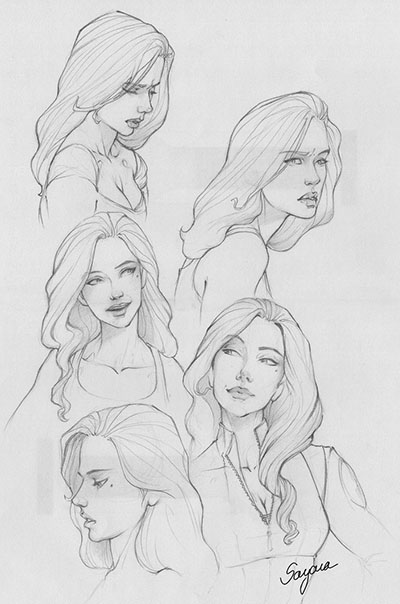
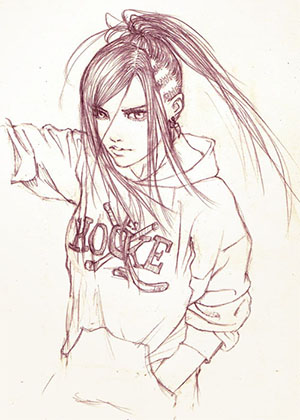

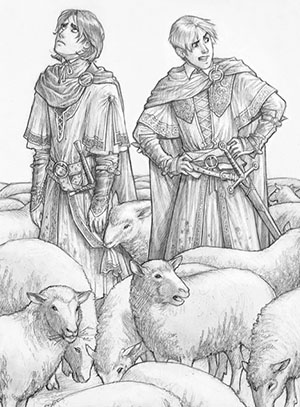

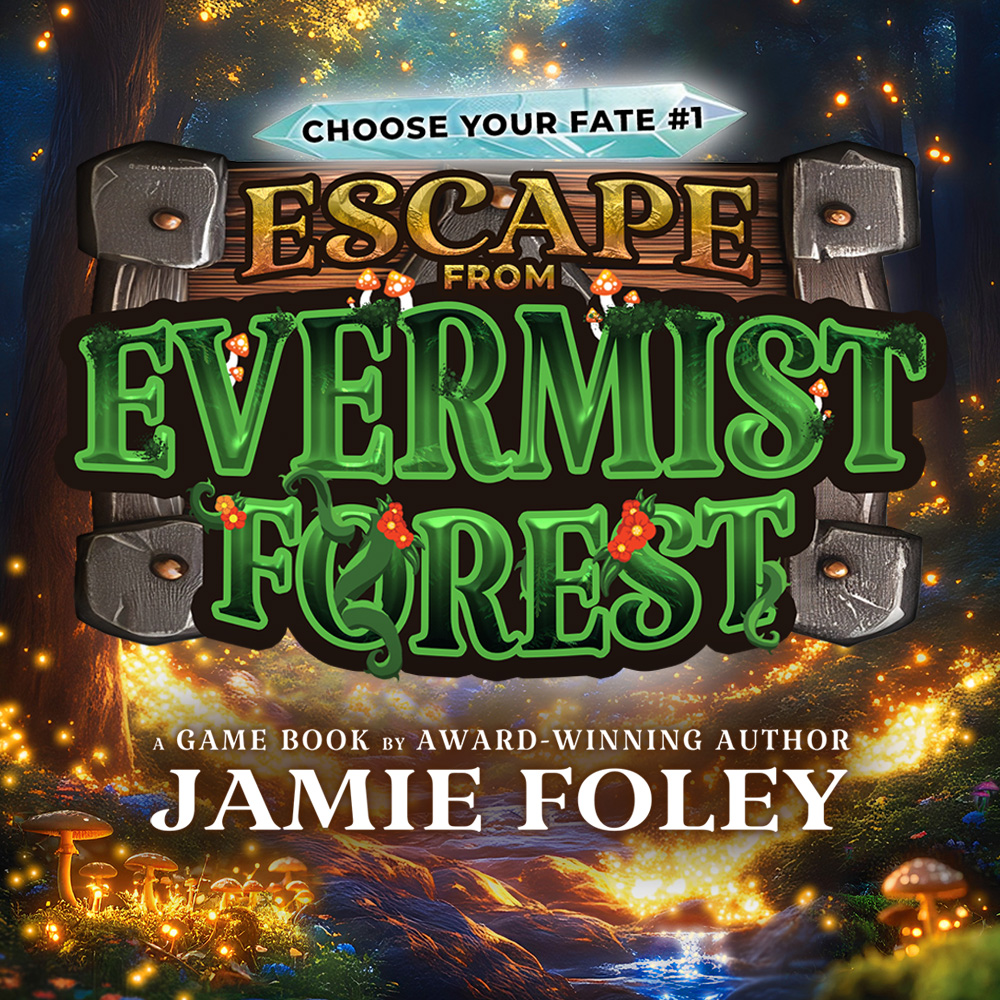
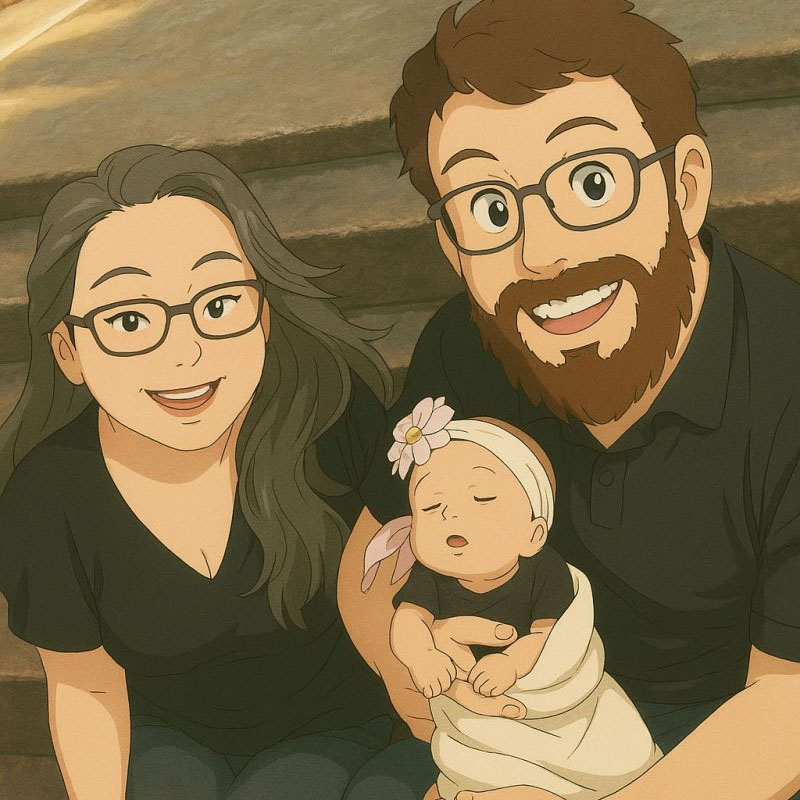
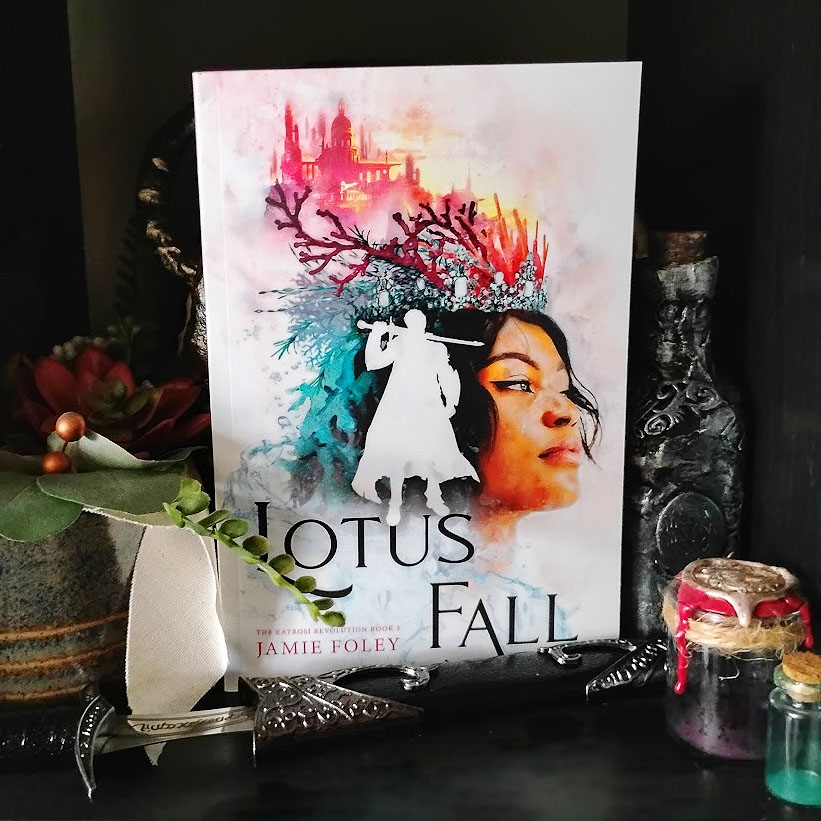

I am literally in awe of your creativity , your literary depth and your artistic ability. Amazed by you.
Yowza! I’m blushing. :3